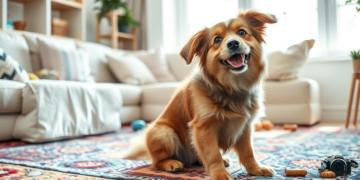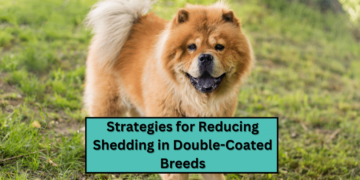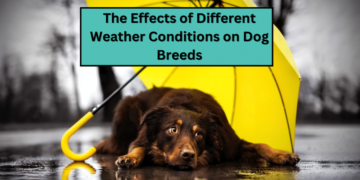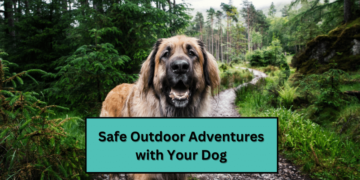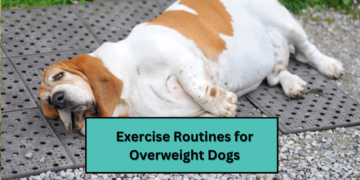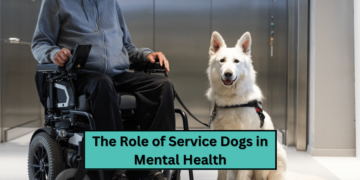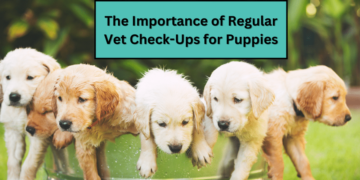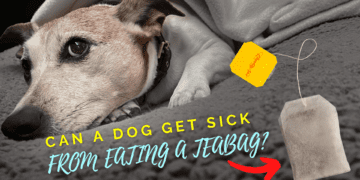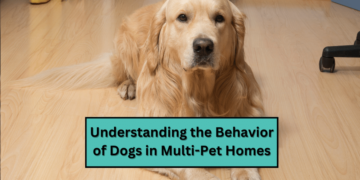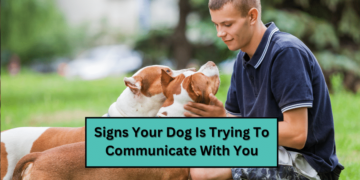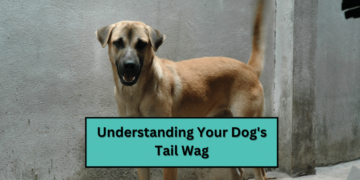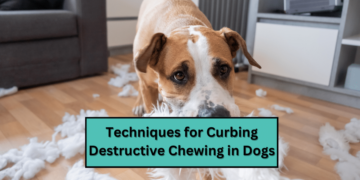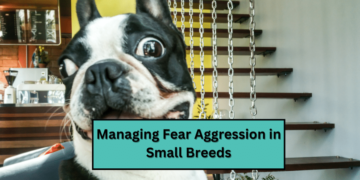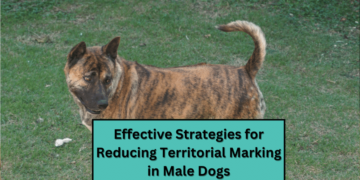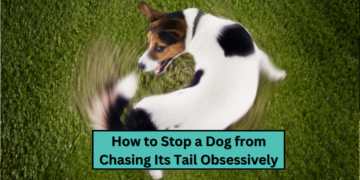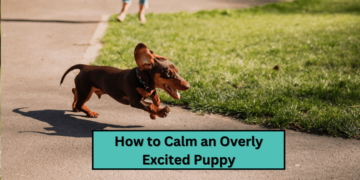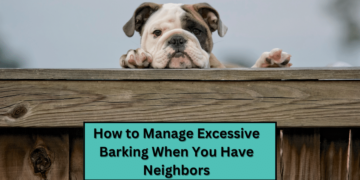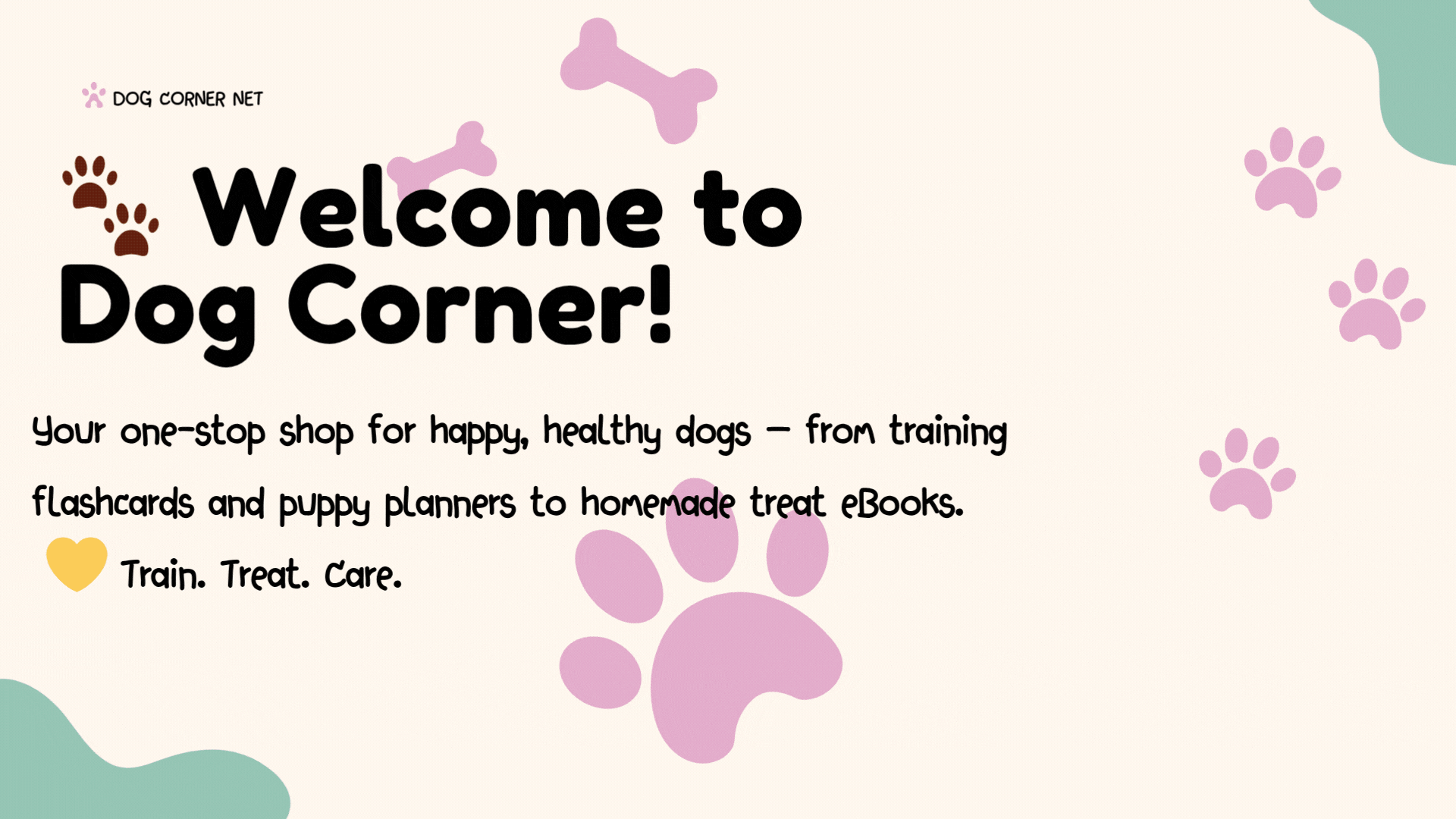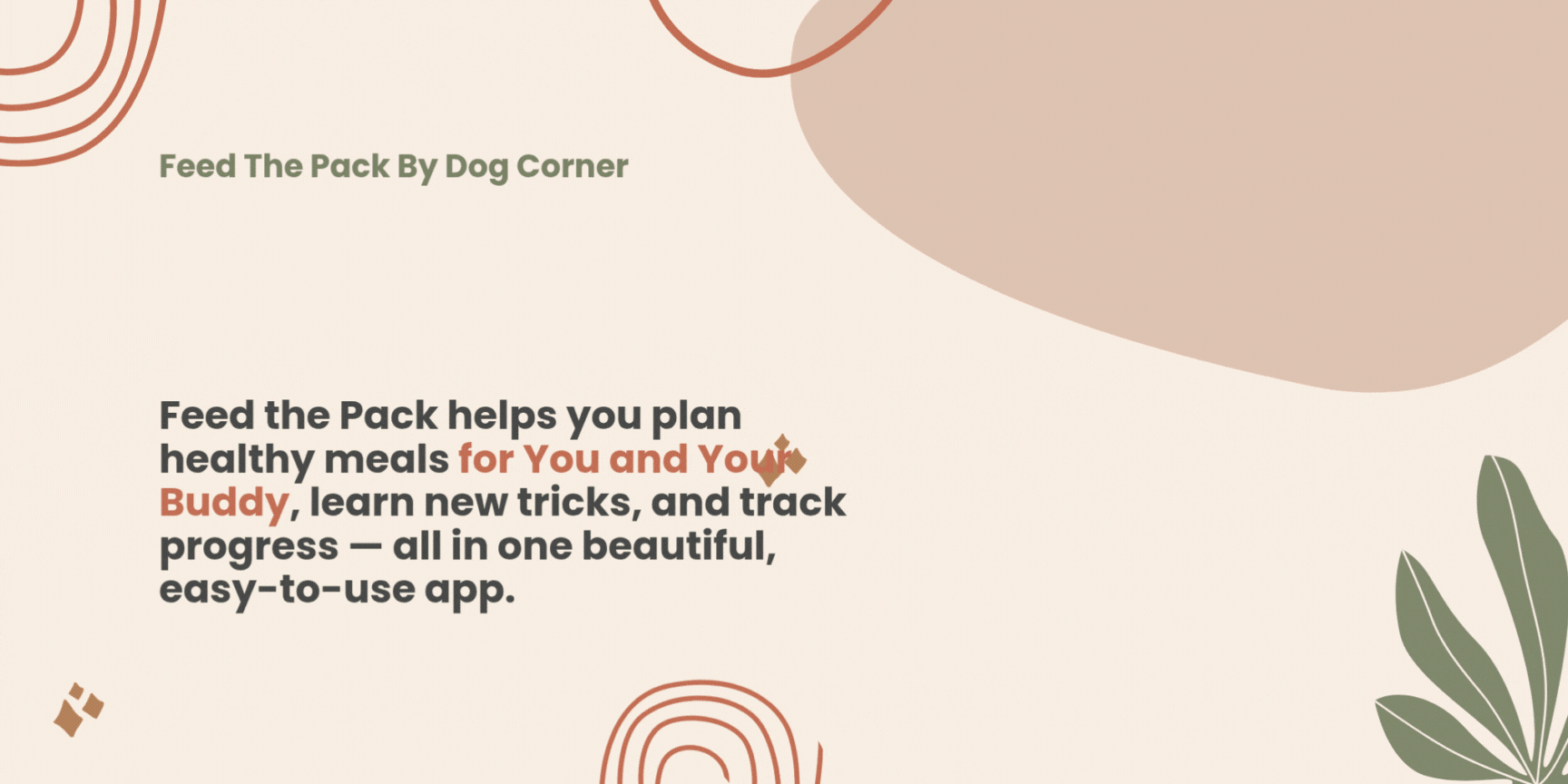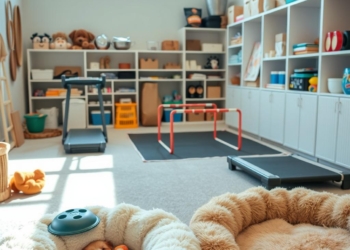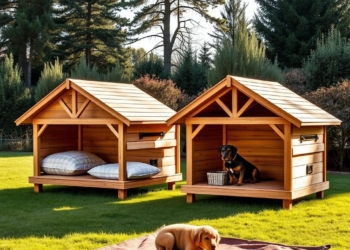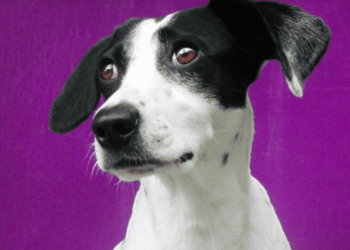When you play with your pet, he will want to bite you and nip you occasionally. This is perfectly normal for dogs, and most of them will do it, period. But this is not normal for us humans. We would like to make them stop biting us when we play. It hurts, and it is far from something we want to experience all the time. How do you stop a dog from biting? First, let’s find out what is play biting.
Understanding Play Biting
What Is Play Biting?
Play biting, often observed in puppies and young dogs, is a natural behavior where dogs use their mouths to gently bite without causing harm. This behavior can look like mock fighting, with soft nips and bites, often accompanied by playful stances and bouncy movements. It’s a way for dogs to explore their environment, interact with their human family, and communicate with other dogs.
Why Do Dogs Engage in Play Biting?
Play biting serves several purposes in a dog’s development:
- Learning Bite Inhibition: Puppies learn to control the strength of their bite through play. When playing with littermates, a too-strong bite results in a loud yelp and a temporary halt in play, teaching the puppy to be gentler next time.
- Socialization: Play biting is a key part of social interaction among dogs. It helps them understand body language and boundaries, crucial for healthy interactions with other dogs as they grow.
- Exploration and Teething Relief: For puppies, play biting is also a way to explore the world around them. When they are teething, it provides relief from the discomfort of growing new teeth.
- Strengthening Jaw Muscles: Just like humans, dogs need to exercise their muscles, and play biting is one way of strengthening their jaw muscles.
Understanding play biting is the first step in addressing this behavior effectively. It’s important to remember that while play biting is normal, it should be monitored to ensure it doesn’t become excessive or lead to more aggressive behaviors. So, how do you stop a dog from biting?
There are 3 methods or ways if you prefer. Each one is appealing and can work with your dog. Today, we will explain all of them and give you additional facts you should keep in mind.
How To Stop A Dog Play Biting
Allow Your Dog To Chew And Fulfill His Urge
All dogs have a need or better said urge to chew and nip. If you fulfill it or help your dog do this, he is less likely to chew and bite you! How to stop dog play biting using this method? Well, there are a few things you will need to do. Ideally, you would use all of these points and you will see the result quickly.
- Give him a toy for chewing. This is the first thing you should do and it is an effective one. If he chews a toy, he won’t bite you.
- Allow him to exercise. Dogs have a lot of energy and they need to use it. Exercising is the best way to use that energy. Once he uses all the energy, odds are lower that he will bite you.
- Don’t wave your hand in front of his face. This is another important part and something you should avoid doing in general. When you wave your hand, you can provoke him and he will nip you.
- Opt for non-contact play. If your pet likes biting too much, opt for non-contact games. As such, he will probably have a hard time nipping you.
- Playdates should be used as well. Try to find other dogs that don’t bite their owners. In time your pet will understand that he has been making a mistake and he will stop biting you when you two play.
Act And Prevent Aggressive Play Between Your Pet And Another Dog
It is possible that your dog likes rough play that can become full of aggression soon. You need to stop this. If you do not, he will learn that aggression is fine and he will probably bite you, even more, when you two play. There are a few things you need to use for this particular method.
- When dogs play, they are not always aggressive. They can still growl, run around, and look aggressive. But, unless your pet has raised fur on the back, shows teeth, has a stiff posture, and erected ears, he is playing. This is normal and some dogs like this. But if he becomes aggressive you need to react as soon as possible.
- Remove the toys when the two dogs play. This means that they won’t fight over a toy and they will focus more on running around and playing with something else.
- Allow the dogs to play on a neutral ground. Here we have one of the most important things you can do. When you do this, you are telling your pet that there is no territory to worry about.
- Avoid situations where your pet or another dog can become aggressive. If one does, separate the two. You can keep them in separate rooms and release your pet once the second dog goes home.

Teach Him About Bite Inhibition
The goal here is to teach your pet that his bites hurt and that this is not something you like. See, biting is normal among dogs and puppies do it all the time. But if a puppy is in pain, he will scream and alert the dog. He will know that this causes pain. You don’t do anything when he bites you so a dog doesn’t know that he is hurting you.
- The first thing you should do here is to allow him to bite your hand. As soon as you feel pain, you will scream and you will tell him ‘’no’’ or something like ‘’bad dog’’. You will have to repeat this as long as it takes. Some dogs will learn this within days, while others will need a lot more time. When your pet releases you and becomes calmer, reward him.
- Using a taste deterrent is a powerful method and one step that we all recommend. Just make sure to get a proper one that will not hurt your pet or make all of this impossible. Then, spray it on your clothes, and you can start. Ideally, you would use cotton gloves and spray the deterrent on them. Avoid spraying it on the skin itself. When he bites you, the taste will be bad, and he will stop doing that.
- The next thing you should do is very effective. When you two play and he bites you too hard, stand up, say ‘’ouch’’ and leave the room. Your pet will; understand that something is bad, and his biting is the main reason for that.
- We must add that you must not hit your pet while training him to stop biting you. This can have a huge, negative effect on the whole process and make it less effective. It is always a better idea to walk away and ignore him when he does something bad than to punish him. They don’t understand punishment as well as we do.

FAQs on Stopping Play Biting in Dogs
-
What age should a dog stop play biting?
Most puppies begin to learn bite inhibition between 4 to 6 months of age. It’s important to start training early to ensure this behavior doesn’t continue into adulthood.
-
Is play biting a sign of aggression?
Play biting is typically not a sign of aggression in puppies. It’s a natural behavior where they learn to control the strength of their bite. However, if play biting is accompanied by growling or other aggressive behaviors, it may indicate a deeper issue.
-
Can play biting lead to actual biting as my dog grows?
If not properly managed, play biting can escalate into more serious forms of biting. Consistent training and socialization are crucial to prevent this progression.
-
How do I tell if my dog’s play biting is too rough?
Play biting may be too rough if it causes pain, leaves marks, or if the dog doesn’t respond to cues to stop. Observing body language and the reactions of other dogs (if present) can also provide clues.
-
What should I do if my dog play bites a child?
Immediately separate the dog and child, and calmly redirect the dog’s attention to a toy. It’s important to supervise interactions between dogs and children and to educate children on how to interact safely with dogs.
-
Will my dog outgrow play biting?
Dogs do not automatically outgrow play biting. It requires consistent training and reinforcement of appropriate behaviors to reduce and eliminate play biting.
-
Are certain breeds more prone to play biting?
Some breeds, especially those with a strong herding or hunting heritage, may be more inclined to play bite. However, individual temperament and upbringing play significant roles as well.
-
Can I use deterrent sprays to stop play biting?
While deterrent sprays may offer a temporary solution, they do not address the underlying behavior. Positive reinforcement and consistent training are more effective long-term strategies.
The Final Word
Do you still want to know how to stop a dog from playing and biting? Here you have all the methods and steps you can and should use. Stay patient and understand that this will take a lot of time. How much time? It depends on your dog. If you don’t have the time or you lose patience in the process, the only other way is to hire a professional trainer who will help you with the process.

